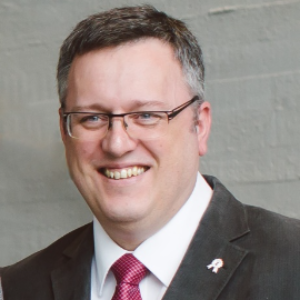Title : The Remarkable Story of Nuclear Graphite and its contribution towards achieving Net Zero
Abstract:
Technology has a key part to play in mitigating and tackling climate change. Some technologies have been unrecognised in the role they have played to date and have a bright future and potential in contributing further. Carbon is one such material. For example, it is core to the adoption of sustainable electric vehicles in the use of novel lightweight and stiff materials as well as constituting the majority by volume of the batteries used in the form of graphite. One special form of graphite is 'nuclear graphite' whose role has largely been forgotten over the past 80 years. Nuclear graphite is a high-purity form of graphite that is used in nuclear reactors for civil energy generation, electricity, as a moderator and structural material. It is made from high-quality carbon-based materials, typically derived from petroleum coke or coal tar pitch, that is purified and processed to remove impurities to enhance its performance in a nuclear environment and consequently more efficient energy production. The properties of nuclear graphite are unique with high thermal conductivity, low neutron capture cross section, and high mechanical strength, which make it an ideal material for the extreme conditions found in nuclear reactors. Nuclear graphite has played a significant role in the journey towards net zero emissions and this material has the potential to help us achieve a more sustainable future. This presentation will explore the history and current uses of nuclear graphite, as well as its further potential to contribute to a low-carbon future by evidencing how current and new reactor technologies can avoid greenhouse gas emissions as well as powering the electric vehicle revolution.


